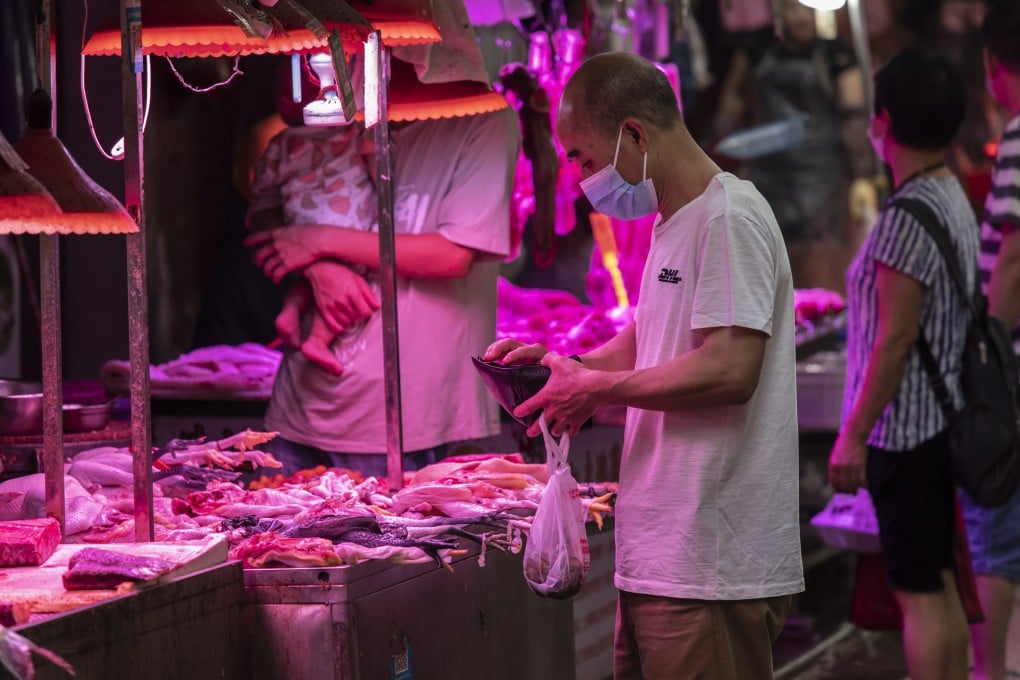Advertisement
Opinion | How lab-grown meat can help fix China’s pork crisis and food security
- Embracing cultivated meat could help China bolster its domestic industry and produce more resilient, environmentally sustainable pork
- A fully developed cultivated pork industry would mean less volatile prices, require less land use and produce far less greenhouse gas emissions
Reading Time:3 minutes
Why you can trust SCMP
9

Pork is big business in China, the only country in the world to have its own dedicated pork reserve. The government can tap into this reserve as pork prices shoot up or down, as they currently are amid another outbreak of African swine fever.
There is no treatment or vaccine for the disease, and severe price and production problems could persistently plague the Chinese pork industry without more long-term solutions. Global ripple effects are likely here to stay for the foreseeable future.
One unorthodox solution to tackle current and future crises would be to grow meat from real animal cells. This technology, called cultivated meat, would bolster the domestic pork industry and enable China to produce more pork in a way that is resilient to disease outbreaks and environmentally sustainable.
Advertisement
Pork is absolutely central to Chinese cuisine and culture. It is a mainstay at celebrations and festivals, as well as a key part of many iconic dishes.
It is no surprise that China is the world’s largest producer and consumer of pork, given its importance and economic development within the country. We can expect demand for pork to balloon even further as China’s middle class continues to expand, growing faster than the world has ever seen.
Advertisement
Advertisement
Select Voice
Choose your listening speed
Get through articles 2x faster
1.25x
250 WPM
Slow
Average
Fast
1.25x


